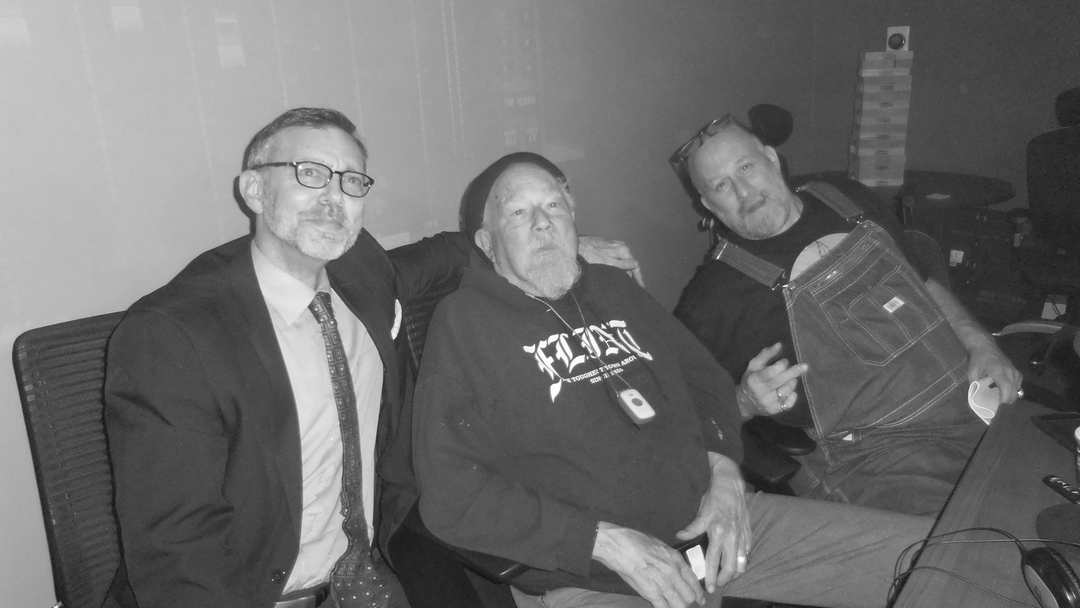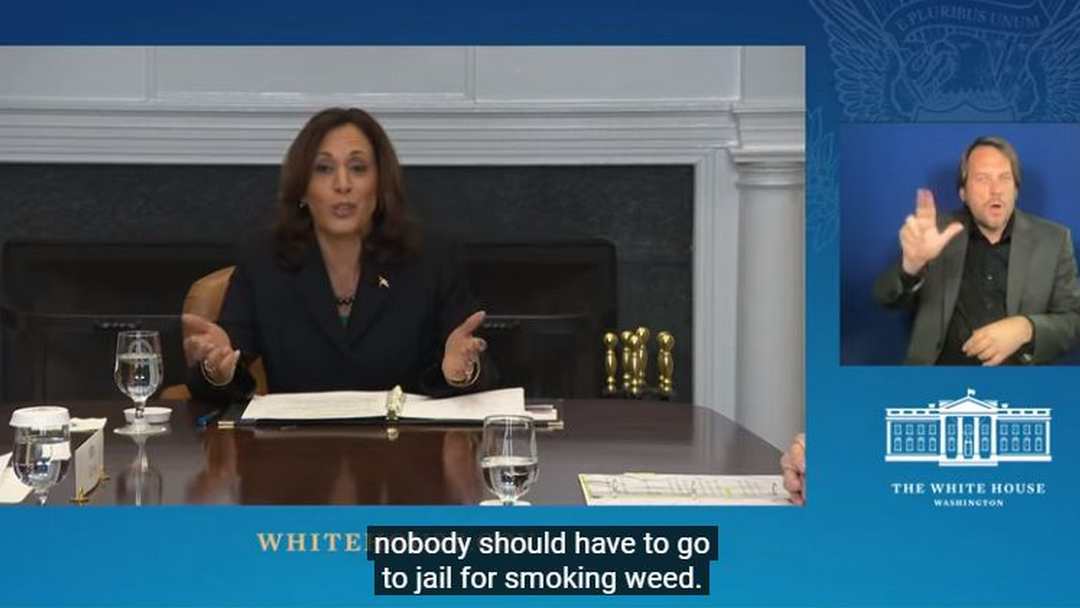Michigan’s Freedom to Work Law Dies in 2024
In February, Michigan’s right-to-work law will be repealed, marking a significant milestone as the state becomes the first in decades to overturn a union-restricting law known as “right-to-work,” which was enacted over a decade ago by a Republican-controlled Legislature.
The state’s “right-to-work” law, which allowed individuals in unionized workplaces to opt out of paying union dues and fees, has been repealed. This repeal is celebrated as a significant triumph for organized labor, especially considering the record-low union membership rates experienced last year. No dues and fees – no contributions.
The Democratic lawmakers pushed through the repeal, which Whitmer said would restore workers’ rights and protect Michiganders on the job.
What was the Michigan Freedom to Work Law?
Michigan’s Freedom to Work laws went into effect on March 28, 2013.
Those laws amend two labor statutes: the Labor Mediation Act (LMA), governing the private sector, and the Public Employment Relations Act (PERA), applying to the public sector. Generally, the FTW laws prohibit union-security agreements, which required that private and/or public employees pay union dues or service fees as a condition of obtaining or continuing employment.
Employees who choose to opt-out of the union are still afforded rights and benefits as members of the bargaining unit. Additionally, the FTW laws do not prohibit employees from joining or financially assisting a labor organization or participating in collective bargaining with an employer.
In some of the Commission’s freedom to work decisions issued prior to the U. S. Supreme Court’s decision in Janus v. AFSCME Council 31, et al., 585 U.S. ___ (2018), there may be language that is not consistent with the decision in Janus.
In Janus, the Court held that States and public-sector unions may no longer extract agency fees from nonconsenting employees because this is a violation of the employees’ First Amendment rights.
Michigan’s Freedom to Work laws FAQ
Michigan-Right to Work_Private Sector Poster
Michigan-Right to Work_Public Sector Poster
Laws and Historical Links
Remember Right to Work DOD 1/1/24. There is a lot here but we started out with a couple news articles and then listed some legislature.
News and Laws
PBS Article
Michigan becomes 1st state in decades to repeal ‘right-to-work’ law
PBS Mar 24, 2023 4:51 PM EST
LANSING, Mich. (AP) — Michigan, long known as a mainstay of organized labor, on Friday became the first state in decades to repeal a union-restricting law known as “right-to-work” that was passed over a decade ago by a Republican-controlled Legislature.
The state’s “right-to-work” law had allowed those in unionized workplaces to opt out of paying union dues and fees. Its repeal is seen as a major victory for organized labor with union membership reaching an all-time low last year.
“Today, we are coming together to restore workers’ rights, protect Michiganders on the job, and grow Michigan’s middle class,” Democratic Gov. Gretchen Whitmer said in a statement Friday after signing the legislation. Go to PBS if you dare for more.
USA TODAY: Michigan becomes first state in decades to repeal ‘right to work’ law. Here’s what that means.
In a win for unions, Michigan Gov. Gretchen Whitmer has signed Democratic legislation repealing thestate’s right-to-work law.
The move makes Michigan the first state in decades to repeal the union-restriction law. Whitmer also signed legislation restoring a prevailing wage law that the state’s Republican lawmakers repealed in 2018.
“Today, we are coming together to restore workers’ rights, protect Michiganders on the job, and grow Michigan’s middle class,” Whitmer said in a statement Friday. “Michigan workers are the most talented and hard-working in the world and deserve to be treated with dignity and respect.”
EMPLOYMENT RELATIONS COMMISSION (EXCERPT)
Act 176 of 1939
***** 423.1 THIS SECTION IS AMENDED EFFECTIVE 91 DAYS AFTER ADJOURNMENT OF THE 2023 REGULAR SESSION SINE DIE: See 423.1.amended *****
423.1 Declaration of public policy.
Sec. 1.
History: 1939, Act 176, Imd. Eff. June 8, 1939 ;– CL 1948, 423.1 ;– Am. 2012, Act 348, Eff. Mar. 28, 2013
Constitutionality: Michigan’s labor mediation law was held invalid where it conflicted with provisions of the national labor relations act. International Union of United Automobile, Aircraft and Agricultural Implement Workers of America, CIO v O’Brien, Prosecuting Attorney, 339 US 454; 70 S Ct 781; 94 L Ed 978 (1949).
Compiler’s Notes: For transfer of powers and duties relating to promulgation of rules by the employment relations commission from the department of labor to the director of the department of consumer and industry services, see E.R.O. No. 1996-2, compiled at MCL 445.2001 of the Michigan Compiled Laws.Enacting section 1 of Act 348 of 2012 provides:”Enacting section 1. If any part or parts of this act are found to be in conflict with the state constitution of 1963, the United States constitution, or federal law, this act shall be implemented to the maximum extent that the state constitution of 1963, the United States constitution, and federal law permit. Any provision held invalid or inoperative shall be severable from the remaining portions of this act.”
| Rendered 1/3/2024 16:23:45 | Michigan Compiled Laws Complete Through PA 319 of 2023 |
| Courtesy of www.legislature.mi.gov | |
PUBLIC EMPLOYMENT RELATIONS (EXCERPT)
Act 336 of 1947
***** 423.210 THIS SECTION IS AMENDED EFFECTIVE 91 DAYS AFTER ADJOURNMENT OF THE 2023 REGULAR SESSION SINE DIE: See 423.210.amended *****
423.210 Prohibited conduct by public employer or officer or agent; prohibited conduct by labor organization; conduct not required as condition for obtaining or continuing public employment; exception; enforceability of agreement, contract, understanding, or practice; jurisdiction of court; appropriation; violation; civil fine; verification by independent examiner; declaration identifying local bargaining units; civil action.
Sec. 10.
History: Add. 1965, Act 379, Imd. Eff. July 23, 1965 ;– Am. 1973, Act 25, Imd. Eff. June 14, 1973 ;– Am. 2012, Act 53, Imd. Eff. Mar. 16, 2012 ;– Am. 2012, Act 349, Eff. Mar. 28, 2013 ;– Am. 2014, Act 414, Imd. Eff. Dec. 30, 2014
Constitutionality: In Lehnert v Ferris Faculty Association, 500 US 507; 111 S Ct 1950; 114 L Ed 2d 572 (1991), the United States Supreme Court held that a collective-bargaining unit constitutionally may compel its employees to subsidize only certain union activities. “[I]n determining which activities a union constitutionally may charge to dissenting employees … chargeable activities must (1) be ‘germane’ to collective-bargaining activity; (2) be justified by the government’s vital policy interest in labor peace and avoiding ‘free riders’; and (3) not significantly add to the burdening of free speech that is inherent in the allowance of an agency or union shop.”Ruling on the respondent union’s disputed activities, the Court held:(1) The respondent may not charge the funds of objecting employees for a program designed to secure funds for Michigan public education or for that portion of a union publication that reports on those activities. The Court found none of the activities “to be oriented toward the ratification or implementation of petitioner’s collective-bargaining agreement.”(2) The respondent may bill dissenting employees for their share of general collective-bargaining costs of the state or national parent union. The district court had found these costs to be germane to collective bargaining and similar support services; the court agreed with the finding.(3) The respondent may not charge for the expenses of litigation that does not concern the dissenting employees’ bargaining unit or, by extension, union literature reporting on such activities. The Court found extra-unit litigation to be proscribed by the First Amendment of the United States Constitution because it is “more akin to lobbying in both kind and effect” and not germane to a union’s activities as an exclusive bargaining agent.(4) The respondent may not bill for certain public relations activities. The Court states: “[T]he … activities … entailed speech of a political nature in a public forum. More important, public speech in support of the teaching profession generally is not sufficiently related to the union’s collective-bargaining functions to justify compelling dissenting employees to support it. Expression of this kind extends beyond the negotiation and grievance-resolution contexts and imposes a substantially greater burden upon First Amendment rights … .”(5) The respondent may charge for those portions of a union publication that concern teaching and education generally, professional development, unemployment, job opportunities, union award programs, and miscellaneous matters. The Court noted that such informational support services are neither political nor public in nature and that expenditures for them benefit all, without additional infringements upon the First Amendment.(6) The respondent may bill for fees to send delegates to state and national affiliated conventions. The Court found that participation by local members in the formal activities of the parent is an important benefit of affiliation and an essential part of a union’s discharge of its duties as a bargaining agent.(7) The respondent may charge expenses incidental to preparation for a strike which, had it occurred, would have been illegal under Michigan law. The Court, noting that the Michigan Legislature had imposed no restriction, stated there was no First Amendment limitation on such charges. The Court added that such expenses are “substantively indistinguishable from those appurtenant to collective-bargaining negotiations … enure to the direct benefit of members of the dissenters’ unit … and impose no additional burden upon First Amendment rights.”
Compiler’s Notes: Enacting section 1 of Act 349 of 2012 provides:”Enacting section 1. If any part or parts of this act are found to be in conflict with the state constitution of 1963, the United States constitution, or federal law, this act shall be implemented to the maximum extent that the state constitution of 1963, the United States constitution, and federal law permit. Any provision held invalid or inoperative shall be severable from the remaining portions of this act.”Enacting section 1 of Act 414 of 2014 provides:”Enacting section 1. If any part or parts of this act are found to be in conflict with the state constitution of 1963, the United States constitution, or federal law, this act shall be implemented to the maximum extent that the state constitution of 1963, the United States constitution, and federal law permit. Any provision held invalid or inoperable shall be severable from the remaining portions of this act.”
Popular Name: Public Employment Relations
| Rendered 1/3/2024 16:25:27 | Michigan Compiled Laws Complete Through PA 319 of 2023 |
| Courtesy of www.legislature.mi.gov | |
THE SOCIAL WELFARE ACT (EXCERPT)
Act 280 of 1939
400.106a “Michigan freedom to work for individuals with disabilities law” as short title of section; medical assistance to individuals with earned income; establishment of program; limitation; permitted acts; premium; basis; sliding fee scale; revenue; limitation; waiver; definitions.
Sec. 106a.
History: Add. 2003, Act 32, Imd. Eff. July 2, 2003 ;– Am. 2012, Act 356, Eff. Mar. 28, 2013 ;– Am. 2014, Act 518, Imd. Eff. Jan. 14, 2015
Popular Name: Act 280
|
|
|
| Rendered 1/3/2024 16:47:56 | Michigan Compiled Laws Complete Through PA 319 of 2023 |
| Courtesy of www.legislature.mi.gov | |
National Labor Relations Act
The Law
In 1935, Congress passed the National Labor Relations Act (“NLRA”), making clear that it is the policy of the United States to encourage collective bargaining by protecting workers’ full freedom of association. The NLRA protects workplace democracy by providing employees at private-sector workplaces the fundamental right to seek better working conditions and designation of representation without fear of retaliation.
The National Labor Relations Act protects most employees whether the workplace is unionized or non-unionized. Visit this page to learn more about strikes, concerted activity, the use of social media under the NLRA, union dues, and much more.
The Board has statutory jurisdiction over private sector employers whose activity in interstate commerce exceeds a minimal level. Over the years, it has established standards for asserting jurisdiction, which are described below.
More Posts

A visit with a kick
POW - Right in the Kisser. Businesses watch out for the lawA Pennsylvania-based convenience store chain was hit with a lawsuit by the Biden administration at the same time the president stopped by one of their locations on the campaign trail. Sheetz is being accused...

Woman tried to board flight with 56 pounds of marijuana
Woman allowed airport police to check her luggage, had name tag on bags, according to reportsBefore a 21-year-old Memphis woman could board an United Airlines flight, Memphis International Airport Police found 56 pounds of marijuana in her luggage, according to...

You’re too stupid to store a gun properly
The Biden administration once again defends a ban in federal court, arguing that people who use marijuana should be prohibited from purchasing or possessing firearms. They claim that this restriction is supported by historical precedent and that individuals who...

Illegal Firearms in Michigan
Illegal Gun Ownership in Michigan: Insights and StatisticsThe issue of illegal gun ownership in Michigan is a complex one, influenced by various factors ranging from criminal activity to loopholes in regulatory measures. Understanding who owns illegal guns is crucial...

Restoring Second Amendment Rights in Michigan
Restoring Your Gun RightsAs of 4/17/24...There is still a second amendment The Second Amendment of the United States Constitution grants citizens the right to bear arms, a fundamental aspect of American freedoms. However, in some cases, just like every other right...

Oregon governor signs a bill recriminalizing drug possession
Oregon governor signs a bill recriminalizing drug possession into lawOn April 1, 2024, Oregon Governor Tina Kotek signed House Bill 4002 into law, effectively recriminalizing the possession of small amounts of certain controlled substances. This legislation marks a...

John Sinclair, the inspiration for Ann Arbor’s Hash Bash, dead at 82
John Sinclair, the poet whose imprisonment for marijuana inspired the start of Ann Arbor’s long-running annual Hash Bash in the 1970s, has died. He was 82.Sinclair's passing occurred on Tuesday, April 2, 2024, at a Detroit hospital, merely four days prior to his...

Disciplining Student’s Speech Violates First Amendment
You go girl!!!A public high school was found to have violated the First Amendment when it suspended a student from her cheerleading team for using profane speech off campus. Mahanoy Area Sch Dist v BL, No 20-255, ___ US ___ (June 23, 2021). The U.S. Supreme Court has...

Marijuana reform advocates demand apology from Kamala Harris
So SorryMarijuana reform advocates demand an apology from Kamala Harris for locking up pot smokers and slam her 'political hypocrisy' for now saying no one should 'go to jail for smoking weed!'Marijuana reform advocates are urging Vice President Kamala Harris to issue...

Federal Agency Smack Down on a Michigan Credit Union’s Cannabis Banking
Apple to ApplesAn independent federal agency has recently cited a Michigan credit union for non-compliance with regulations regarding banking services for the marijuana industry. Consequently, the financial institution has been directed to halt the opening of new...








